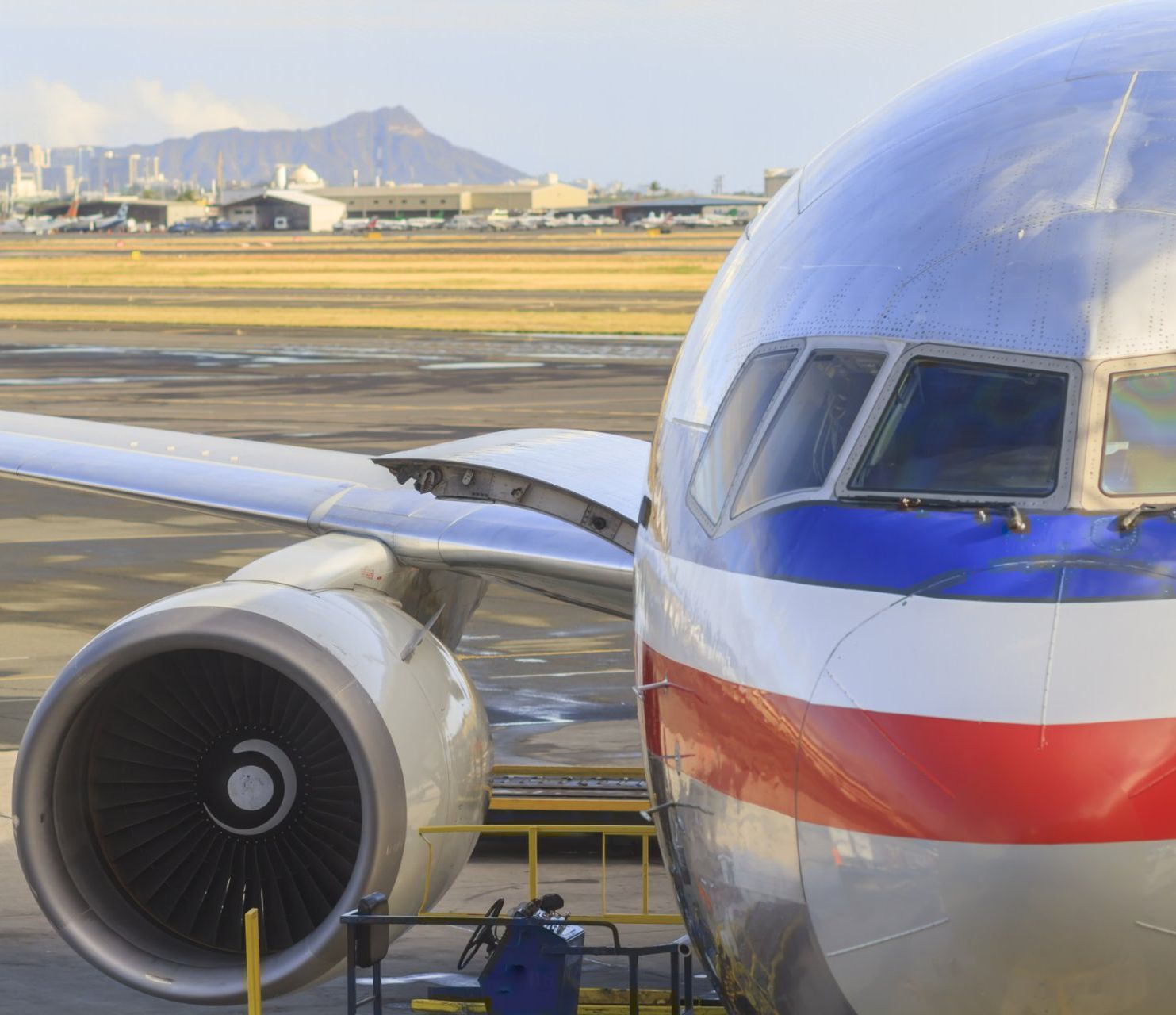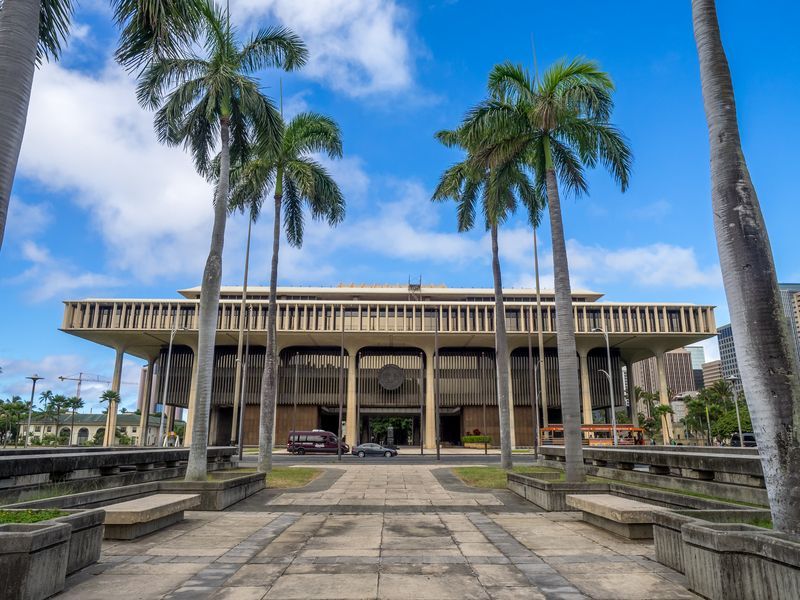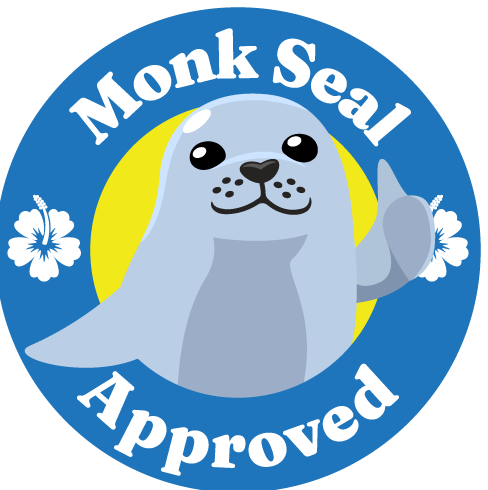Hawaii Refinery Commits to Renewable Fuel Production

Par Pacific, which owns the state's only refinery, recently committed to put Hawaii on the map as a provider of clean fuels for use in the air and on the ground.
The Houston-based company vowed to invest $90 million to upgrade the Kapolei plant to produce around 61 million gallons a year of renewable diesel and sustainable aviation fuel (SAF), among other products.
Move Would Slash Toxic Emissions
Sustainable aviation fuel and renewable diesel, among other clean fuels, reduce up to 80% toxic air pollutants, including CO2, that drive climate change as well as dirty the air.
Par Pacific's proposed investment could supply all of Honolulu's 518 transit buses and reduce CO2 emissions by almost 150 million pounds annually.
SAF, which is made from renewable diesel, could fuel 892 round trip flights from Seattle to Honolulu, which would take 189 million pounds of carbon dioxide out of the atmosphere.
Sustainable Fuels Key To Par Pacific's Future In Hawai'i
Par Pacific President William Pate described the refiner's expansion into clean sustainable fuels as a "key milestone" in the refiner's renewable fuels strategy.
"The creative re-development of a portion of our refining system is an excellent example of our team’s technical strength to deliver renewable fuel solutions that supplement our existing operations," observed Eric Wright, President of Par Hawaii, the local subsidiary of Par Pacific.
"I am very proud of the team’s contributions and look forward to continuing our efforts to diversify and decarbonize energy sources for our community,” he added.
Locally Grown Fuels Create New Jobs While Cutting Pollution
Par Pacific's investment is expected to spur the creation of a market for locally grown oil seed crops, a major feedstock for renewable diesel and other clean fuels.
That means more money for local Hawaiian farmers, revenue that will ripple out into the state's overall economy.
The company is also working with conservation and natural resource land management firm Pono Pacific to study the viability of using locally grown camelina crops for clean fuels that can be used in a wide range of vehicles.
Sustainable Fuel Boosts Local Economies, Stabilize Gas Prices
States on the mainland like California, Oregon, and Washington are also seeing billions of dollars invested in local communities as oil refineries are converted into bio refineries to meet the demands of consumers and businesses who want to decarbonize faster and more affordably.
With renewable diesel prices running at or below the cost of traditional petroleum diesel, going green has been a breath of fresh air for the trucking industry that's unlikely to see an electrified option on the horizon.
Renewable Fuels Not New Concept For Par Pacific
Back in 2022, the company partnered up with Hawaiian Airlines to examine whether the state could support production of sustainable aviation fuel for airlines serving Hawaii.
Related Stories:
Hawaiian Airlines, Par Hawaii to Explore Sustainable Aviation Fuels
Par Pacific To Put $90-M Into Renewable Fuels Production



